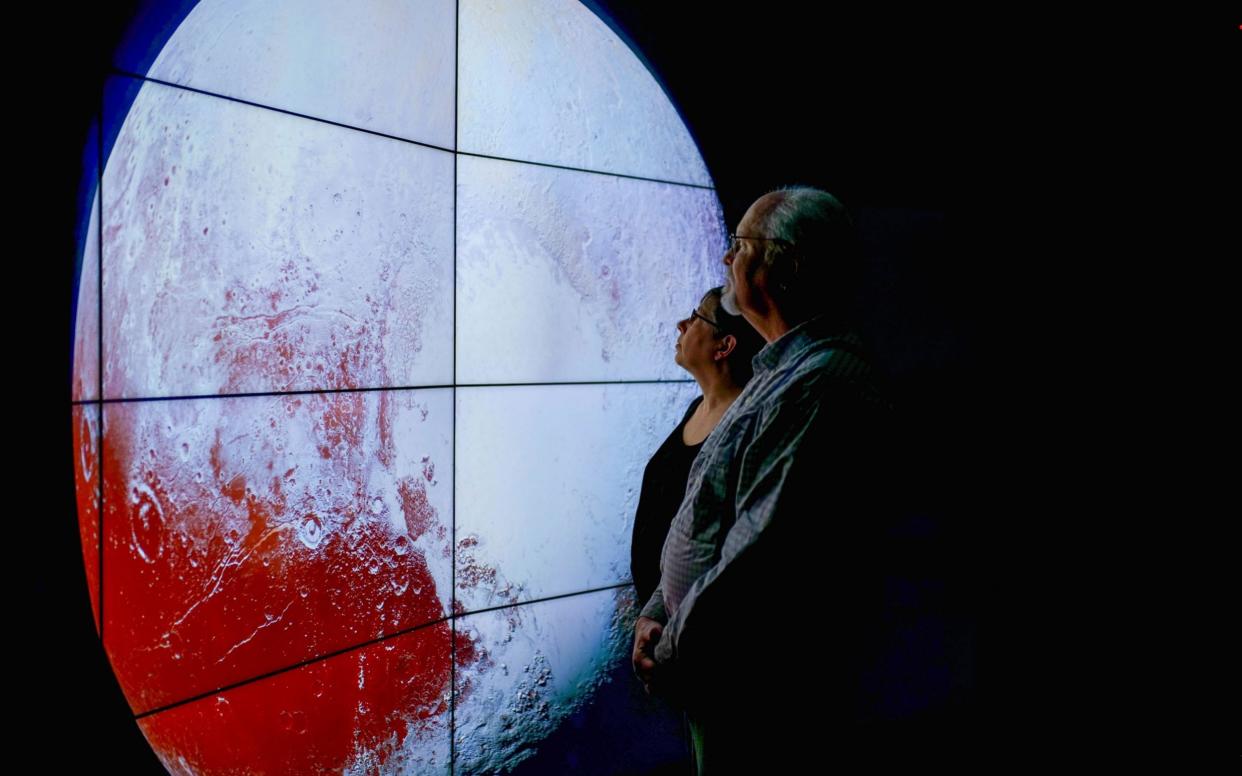Pluto: Back from the Dead, review: Horizon ditches the populism and goes back to basics

The Horizon strand is a mixed bag. When it tries ‘popular’ science, it produces stinkers like The Restaurant That Burns Off Calories and The Great British Intelligence Test. The excellent Tony Slattery documentary came under the Horizon umbrella, but wasn’t really science at all. The BBC doesn’t seem to know what to do with science when Dr Brian Cox isn’t about.
Pluto: Back from the Dead (BBC Two) was the kind of thing you used to find in the late-night Open University slot. No handsomely-paid presenter striding over glaciers or tundra or the Rocky Mountains, just a sensible voiceover (from Paterson Joseph), some facts about Pluto, and scientists explaining in simple and passionate terms why this was important. It was refreshing to watch.
This tiny planet, only discovered in 1930, remained a mystery until the New Horizons probe sent up by NASA in 2006 finally reached its destination in 2015, returning the first close-up images of Pluto’s surface. Far from being a featureless rock, it was a complex realm with ice mountains standing 4km tall, canyons and vast plains, and even a volcano, all coloured from deep red to bright white. It was, in the words of one expert, “scientifically astonishing”.
The volcano was a genuine puzzle – so unlikely that the scientists daren’t mention it at the press conference announcing their initial findings. How could there be flowing lava on an ice planet with a surface temperature of 230 degrees below zero? But space volcanologist (how’s that for a cool job title?) Dr Kelsi Singer spotted ammonia on Pluto’s surface, which lowers the melting point of water and, when combined with liquid nitrogen, turns water into a gloopy substance with the consistency of toothpaste.
Space documentaries always come down to one question: is there anyone else out there? “It’s highly likely that self-replicating metabolising entities have originated and if that’s life then the answer is, yes, there is life somewhere,” said one scientist. Not the most crowd-pleasing of answers, but more grown-up than a lot of Horizon’s output.

